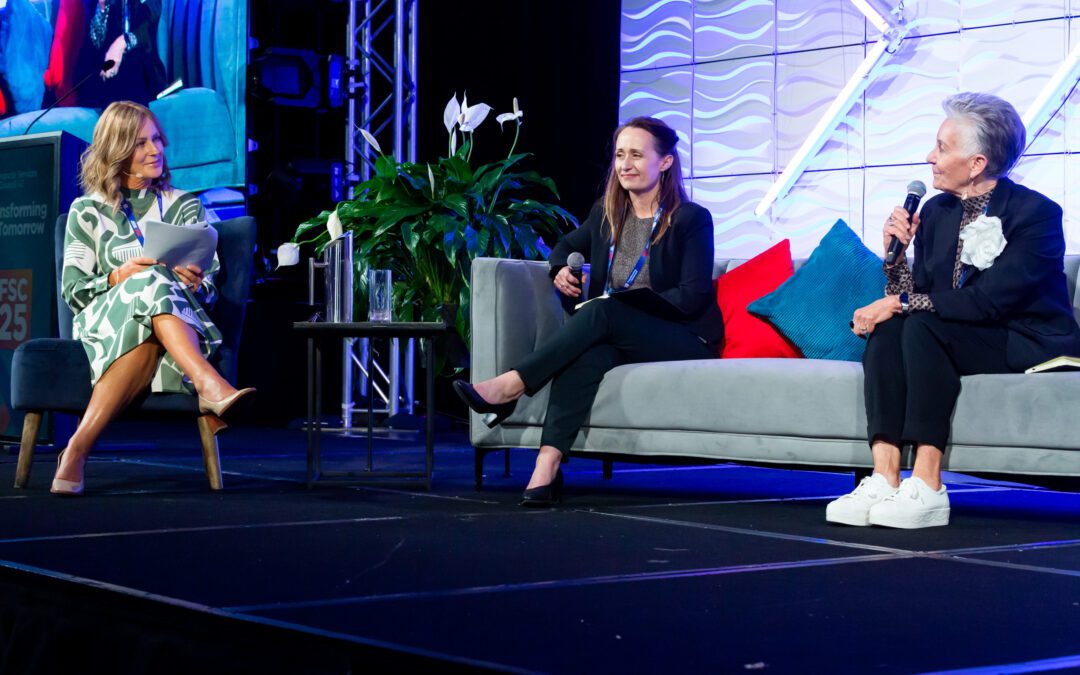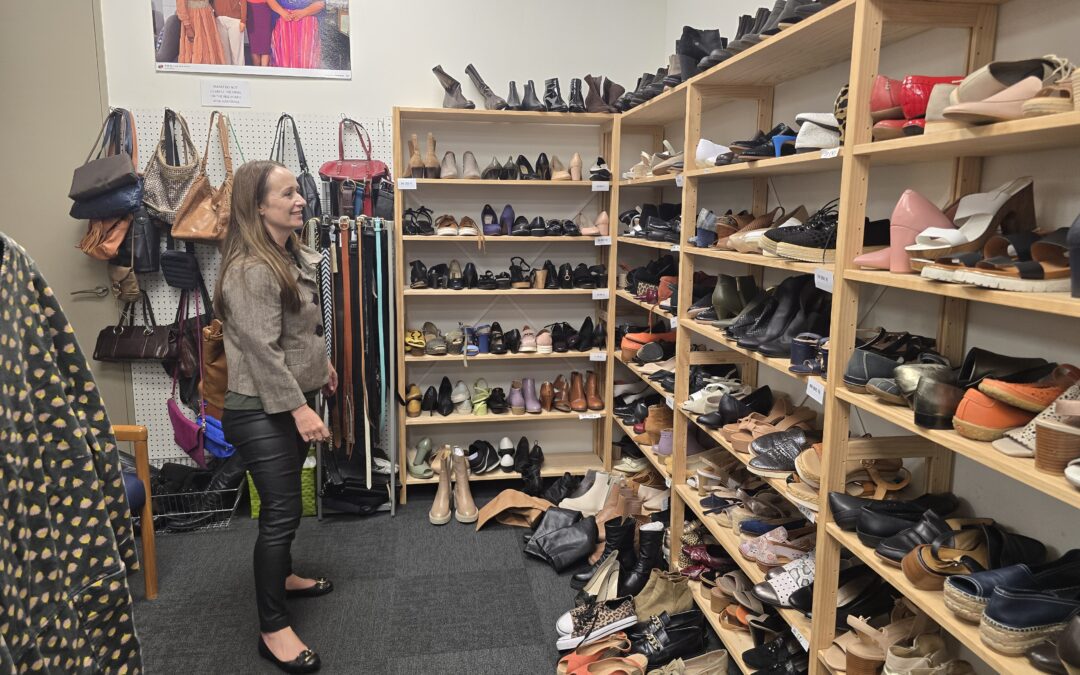The new leader of the opposition, Todd Muller, has clearly indicated small business is where he thinks more support should be directed in order to help the economy recover from Covid-19.
He’s right – but the support required is a little more nuanced than he might think.
Small businesses have had support with the wage bill, and they’ve had access to cash – at the time of writing more than 50,000 businesses have accessed the interest-free loan scheme, borrowing almost a billion dollars.
But of course, businesses have many overheads besides wages, and those loans are simply pushing debt onto their balance sheets.
And it’s there the trouble lies – there is major dysfunction in the management of the books of small businesses, and pumping more capital,or more debt, into them will only mask that.
Let me explain. Most small business owners don’t pay themselves a regular salary, often because they want to take as little as possible from the business to ensure it always has enough cash to cover its costs. That can be tricky to manage as income varies month to month, and long payment times mean there is usually a lag between making the product, selling it and being paid for it. Employees don’t wait for the money to hit the business bank account before they get paid – so any gap is covered by the business, or the owner.
Instead, owners put personal costs through the business as needed, drip-feeding income to their own household.
Contrary to urban legend, there is no tax benefit in doing this because the accountant typically records this as a ‘drawing’ from the business, which is not tax-deductible.
The idea is they only take what they need, but they don’t tend to keep a tally of what they’re taking out and that serves them poorly in two ways. One, it makes it difficult to determine the actual cash burn of the business and two, removing that cost from their personal budget means they never really understand what their personal and family life actually costs, either.
In reality, a business should be able to afford to pay the owner a salary, period. If it can’t, then different decisions need to be made in the business so that it can, rather than disguising poor business performance with artificially lowered costs. Yet that is the norm among many SMEs.
In my experience of working with SME owners, the intertwining of business and personal creates a murky picture which even in normal times results in business owners’ perception of how they think they’re doing versus how they’re actually doing being out by around 50%. With those I’ve worked with during lock down, that margin of error became as much as 80% – and they’re completely blind to what they’re capable of with everything bundled together.
If they can’t diagnose where they’re starting from, any plan they devise to survive – or, to use the word of the moment, to ‘pivot’ – will be flawed from the outset. Borrowing more money to fund that when you don’t have an accurate handle on the current picture is risky business.
Owners might go to an accountant to understand tax efficiencies and the business’s cash flow, but the accountant doesn’t venture into their personal situation, because let’s face it, personal finance is a jungle. A colour-coded budget won’t engage a ‘shopper’ for example, or the super-stressed, because it’s more about behavioural economics than it is about budgeting or financial literacy – a distinction that’s often overlooked.
What business owners need right now is tactical support and a clear strategy that takes into account both their personal and business cash burn so they can understand their options, what needs to be done in what order – and whether cheap Government-backed loans will change things, or just delay them. In many circumstances, their house is literally riding on this, which means there are big, hard decisions that will need to be made very quickly.
No matter how smart the accountant, how financially literate the client, or how generous the Government package, if you don’t get into the weeds of the owner’s personal finances and address their personal money behaviours, mindset and strategy – or lack thereof – the handbrake is always on.
When we’re sailing head long into a recession, SME owners need to do more than get more than the company books in order, they need to get their own house in order, too.
Hannah McQueen is a Fellow Chartered Accountant with a masters in tax, Authorised Financial Advisor, a personal finance author and the founder of enableMe Financial Personal Trainers.
If you’re a small business owner, we can help optimise both your business and personal finances, to help give you the best outcome. To book an initial consultation, click here.
Disclaimer: This blog post is for informational purposes only and does not constitute individual financial advice. If you’re interested in receiving personalised financial advice, you can book in a consultation with an enable.me coach. Costs apply.


